Poilievre lends credence to western separatists’ blame-it-all-on-Ottawa bias
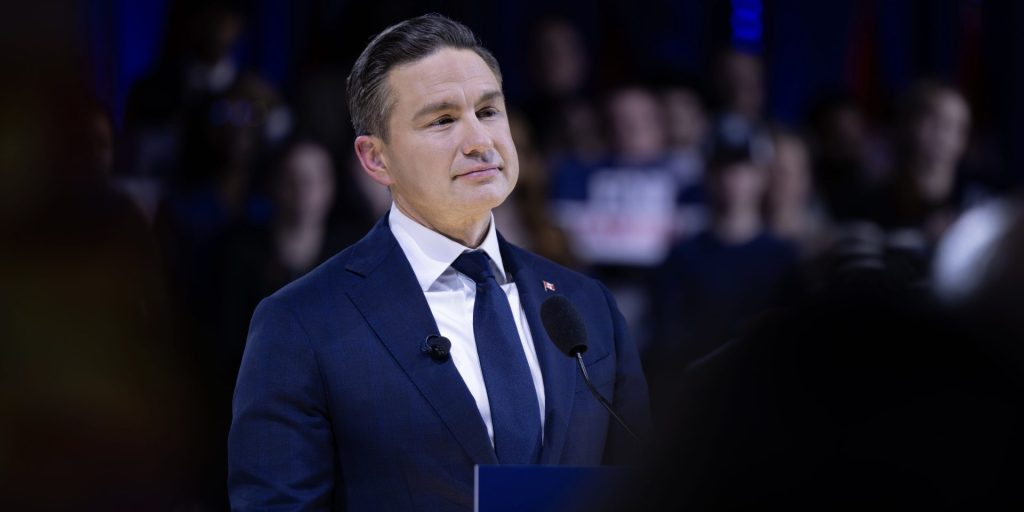
The Tory leader claimed his government would end separatist sentiment by renewing historic pride and delivering policies that would bring hope to disaffected youth in Alberta and Quebec.
What happens after the convention dust settles?
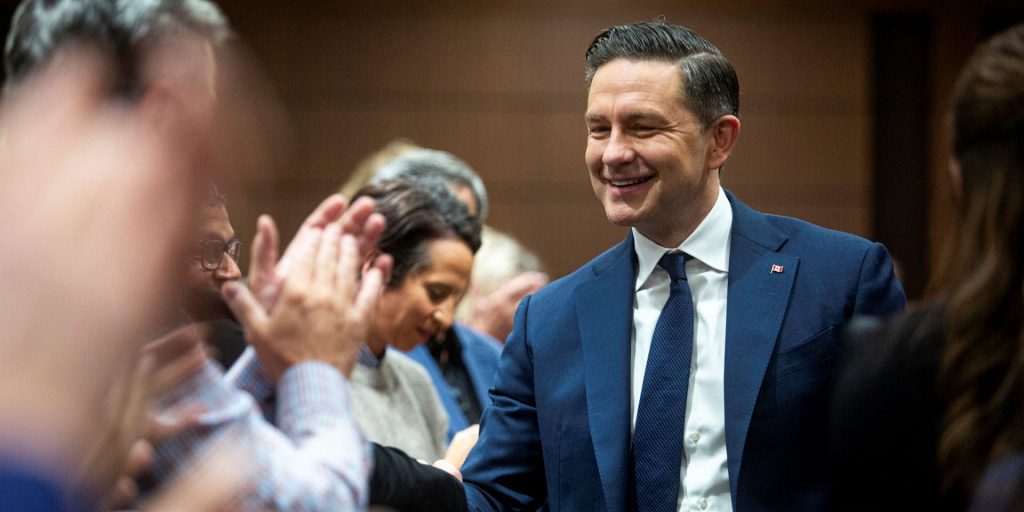
The Conservative leader and his team have bought themselves time, but there’s still much work to do because waiting for the other guy to fail is not a plan.
Top takeaways from the Conservative Party convention
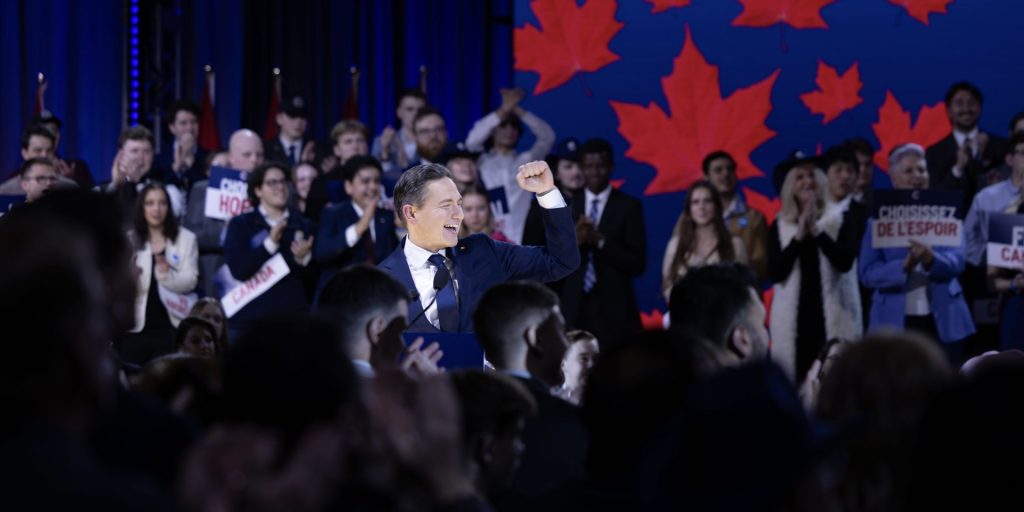
Pierre Poilievre pulled a strong majority in his leadership review, with 87.4 per cent support, and the convention revealed he is attempting to set a more positive, optimistic tone as party leader.
Poilievre’s next hurdle: winning broader support
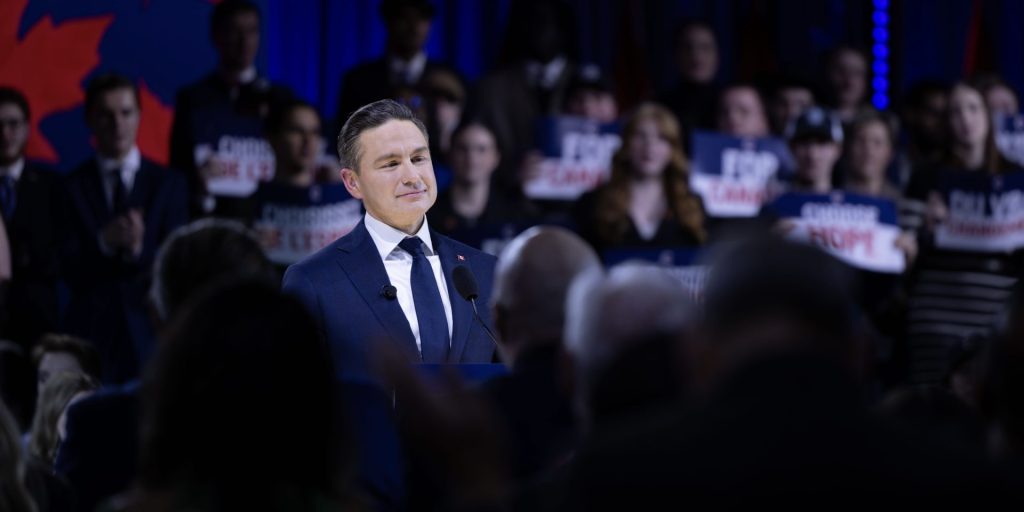
Party faithful have affirmed their loyalty to Conservative Leader Pierre Poilievre, but not corrected the deeper dilemma: can the populist conservatism he embodies expand beyond its base?
‘A Davos bump’: surge in Carney’s popularity eclipses Liberal support in polls
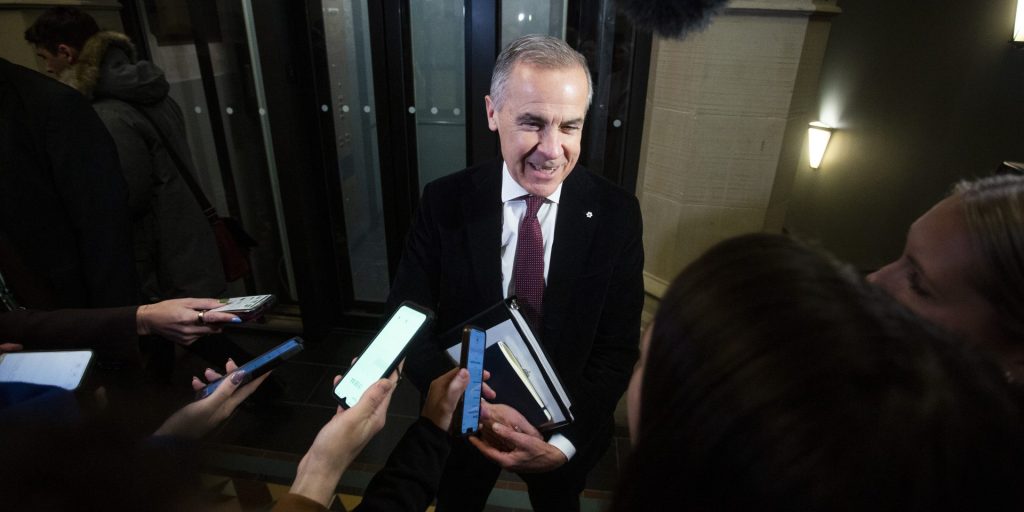
Pollster Angus Reid says the prime minister is getting ‘top marks’ for his international performance, while Nik Nanos says people like Mark Carney, but he cannot erase Liberal fatigue as the party marks more than 10 years in power.
Carney has a new moniker, Captain Canada
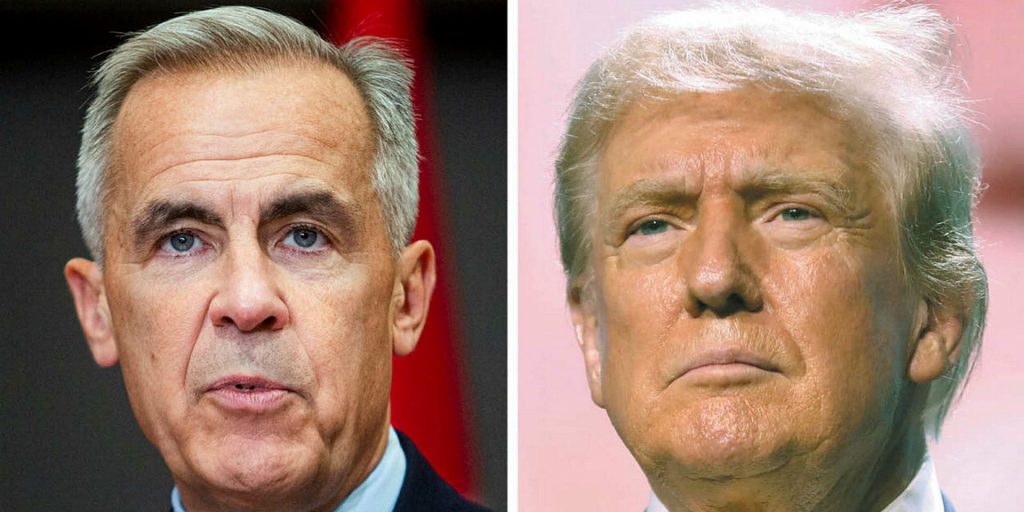
U.S. President Donald Trump’s negative response to Prime Minister Mark Carney’s Davos declaration has mobilized the majority of Canadians—including premiers—in unity.
Delegates tap eight new Conservative Party national councillors, as 10 incumbents are re-elected or acclaimed
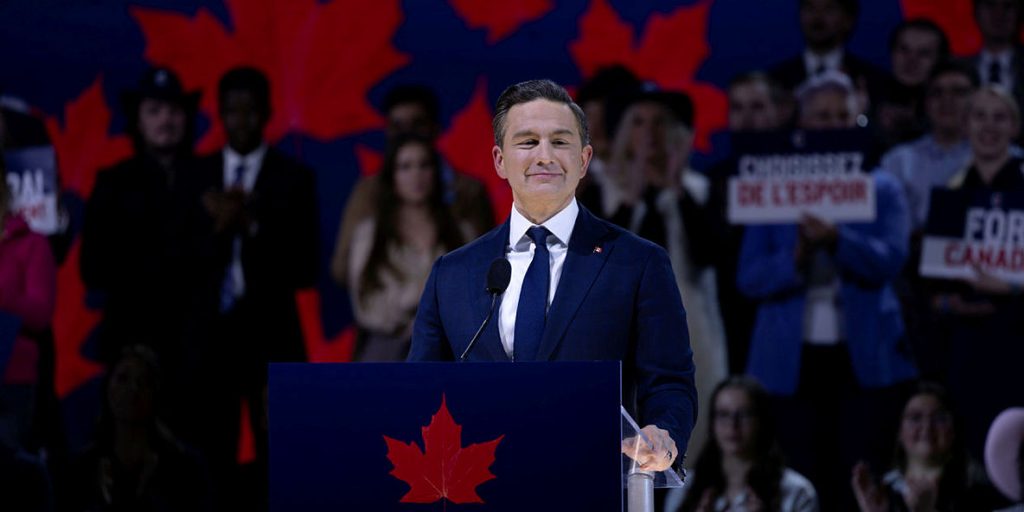
All national councillors serve on a volunteer basis, but their roles are extremely influential as they are responsible for overseeing the management of the party’s affairs with the exception of fundraising and spending, which is overseen by the powerful Conservative Fund.
With Liberals trying to ‘manufacture’ a reason for a snap spring election, election readiness top of mind for Conservatives, says campaign director Outhouse

Two new polls by Ekos Research and Leger are suggesting that the Liberals are ahead of the Conservatives by nine to 15 points.
Conservatives to elect members of powerful national council today: Canada needs ‘Pierre Poilievre as the next prime minister, we’re united’
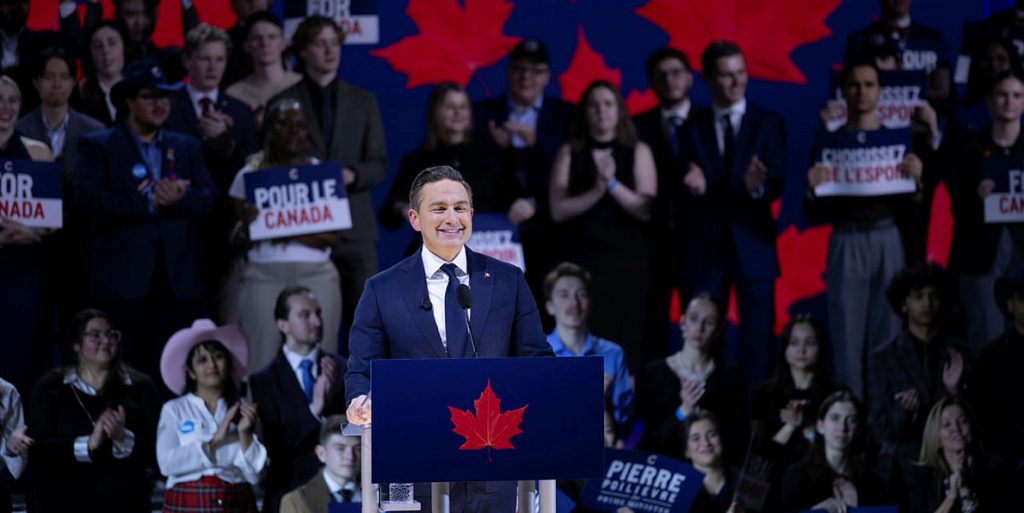
The newly elected 20-member national council will elect party president at its first meeting tomorrow.
‘The best is yet to come’: Poilievre takes Conservative leadership vote with 87 per cent support after final pitch
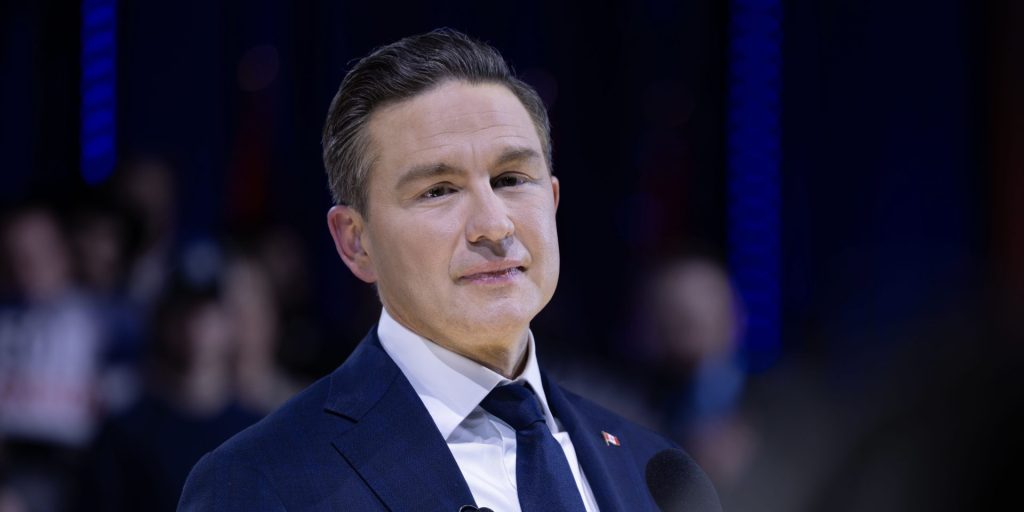
The Conservative leader promised that ‘the best is yet to come’ in his keynote address to an enthusiastic party faithful in Calgary ahead of the results.

